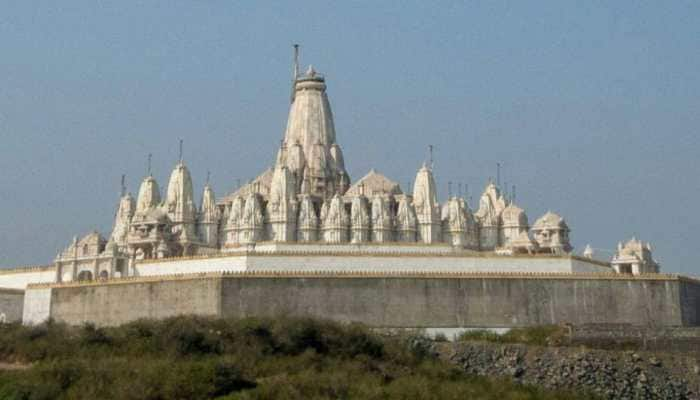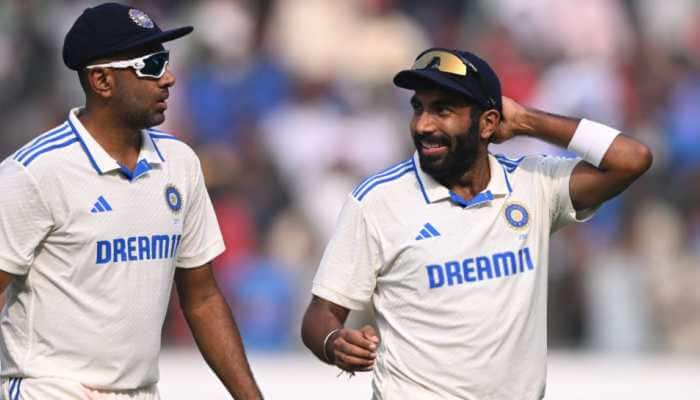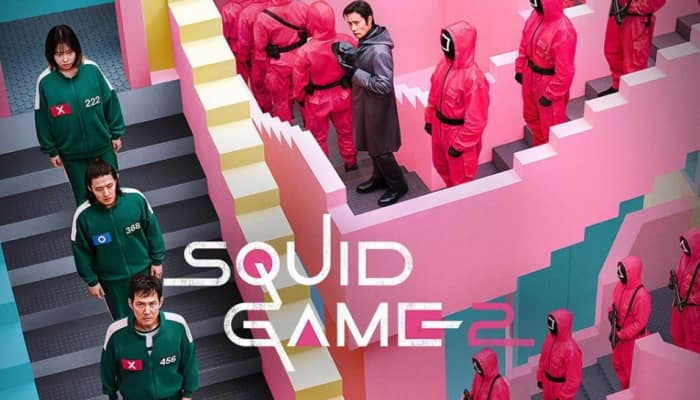DNA Exclusive: Changing facets of patriotism and paternity in modern era of gender equality
Virat Kohli will return to India after the series opener of the India-Australia Test series from December 17.
- In the past 100 years, a lot has changed and now people have learned to strike a balance between their duties and the needs of the family
- The erstwhile phase appears to be over now as players have become professionals
- Things were different earlier, and the same could be understood through a few examples of former cricketers
Trending Photos
New Delhi: Indian cricket team's captain Virat Kohli has been granted paternity leave to attend the birth of his child with his wife Anushka Sharma. The Board of Control for Cricket in India (BCCI) granted paternity leave to Kohli after the series opener of the Border-Gavaskar Trophy 2020-21 to remain with his wife during their special moment. This is a very personal decision of the two celebrities, and Kohli being a great player understands better to strike a balance between his profession and family.
The DNA report too supports his personal decision but will try to understand if your duty and dedication can avail of the right to go on leave? This analysis would take an example from the pages of modern history, to begin with. In the year 1909, when Sardar Vallabhbhai Patel was pleading for a case in a Bombay court, his wife Jhaver Ba, who was suffering from cancer, died during her operation. This information was conveyed to Sardar Patel on a piece of paper, he simply read it and continued his argument in the court.
It is said that Sardar Patel won that case and after only he informed everyone about his wife's death. Sardar Patel's dedication to his professional responsibility even in the moment of grief showed his preference for his duty as a lawyer. In the past 100 years, a lot has changed and now people have learned to strike a balance between their duties and the needs of the family.
Virat Kohli will return to India after the series opener of the India-Australia Test series from December 17. After the conclusion of IPL 2020, the Indian cricket team will head to Australia for three ODIs, T20Is, and a four-match Test series, i.e. the Border-Gavaskar Trophy.
You should also know that 14 years ago in 2006, when Virat Kohli used to play for the Delhi Ranji team, during a crucial match with Karnataka his father died of a heart attack. 18-year-old Kohli took part in the cremation of his father in the morning and then returned to the field to complete the match. He scored 90 runs and saved his team from Follow On.
The erstwhile phase appears to be over now as players have become professionals and people have also learned to strike a balance between their family and their duties. Things were different earlier, and the same could be understood through a few examples of former cricketers.
Former Australian cricketer Alan Border was playing a Test match against India at the Sydney Cricket Ground in 1986, and his team was striving hard to draw the match. Border's wife was about to give birth to a daughter, and he too wanted to remain witness to this moment but he had a compulsion to stay with his team. His daughter was born and Alan Border was congratulated through the scoreboard.
In 1976, Sunil Gavaskar was part of a series in New Zealand and he got the information about the birth of his son. Gavaskar wanted to return to India as the Indian team soon had to play the next series against the West Indies, but the BCCI did not allow him and could see the face of his son after two and a half months.
You may also recall the 1999 Cricket World Cup in England, during which Sachin Tendulkar's father died, and India lost their first match against South Africa. The second match was against Zimbabwe and Sachin got the news of his father's death. He returned to India and the team lost the match. Sachin, however, returned to England in just 4 days and played an unbeaten 140 in the third match against Kenya, and paid a befitting tribute to his father.
In the year 2015, when the Indian team was playing a warm-up match in Australia just ahead of the World Cup, the team captain, Mahendra Singh Dhoni, got the news of his daughter's birth. Since he did not carry a mobile phone to concentrate on his game, this piece of information he got through his teammate and friend Suresh Raina. When reporters asked him if he wanted to be in India at this juncture, Dhoni had stated that other things can wait as he was in the service of the nation.
The opportunity to serve the nation is provided to a few fortunate people. One such person who availed of this great moment was soldier Subodh Ghosh, who martyred on the 13th of this month in the firing of the LoC from Pakistan. Subodh was merely 24-year-old and a daughter was born at his home, and he was waiting to see his newborn for the last three months.
Similarly, another soldier Kundar Kumar of the 16 Bihar Regiment was also martyred in a fight with Chinese soldiers in the Galvan Valley on June 15. His wife had given birth to a daughter 17 days before his martyrdom.
By telling these stories, Zee News has no intention to criticize anyone. We just want to convey that whether you are a sportsman, a doctor, a leader, or a journalist, the country gives you a lot, therefore, you ought to repay this debt keeping other things aside.
Stay informed on all the latest news, real-time breaking news updates, and follow all the important headlines in india news and world News on Zee News.
Live Tv







)
)
)
)
)
)
)
)
)
)
